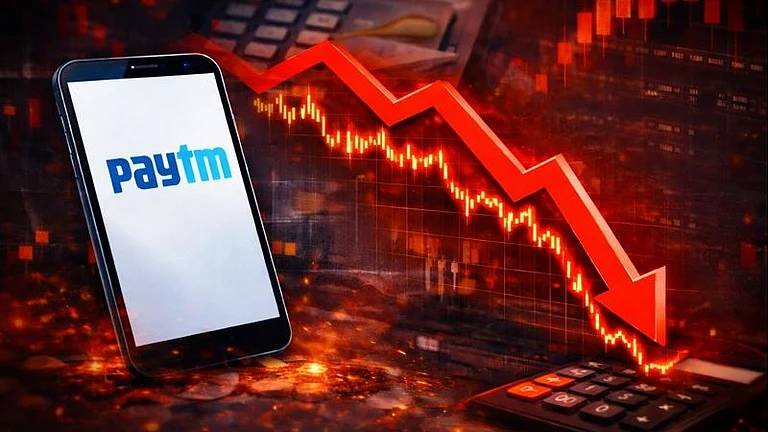Weeks after implementing a policy requiring restaurant partners to share 50% of refund costs, foodtech giant Zomato has temporarily suspended the programme, Inc42 reported.
The policy, rolled out gradually over recent months, aimed to split refund expenses between Zomato and its restaurant partners but faced pushback from the industry, prompting the pause.
Zomato informed restaurant partners via email that both the restaurants and the company would equally share 50% of customer refund costs under a new policy aimed at balancing financial responsibility. The company emphasised that the refund policy was not “just about cost sharing — it’s about reinforcing trust, ensuring fairness and building a stronger, more sustainable food-delivery ecosystem.”
However, Zomato reversed the policy a few weeks after its implementation. In recent emails to several restaurant partners, the company announced that the initiative would be relaunched after incorporating feedback received, according to posts on X.
Zomato announced the temporary suspension of its 50% refund cost-sharing policy in an email to restaurant partners, stating: “We have temporarily paused the programme and will relaunch after incorporating the feedback we have received from partners,” Inc42 reported.
Restaurants Not Happy
Several restaurant owners told Inc42 that Zomato’s new 50% refund cost-sharing policy is an effort by the company to “cut its costs,” shifting financial burdens onto restaurant partners.
One restaurateur said Zomato seems to be mandating refunds for restaurants to reduce its own expenses, even though such contributions were previously optional.
Previously, when Zomato initiated a refund, restaurant partners could accept or reject the claim. If rejected, Zomato covered the full cost. Under the new policy, restaurant partners have no choice and must share 50% of the refund cost regardless of their stance.
Notably, Zomato typically initiates refunds for “high-value, power” customers — those who place large orders and have few complaints, prioritising their satisfaction to maintain loyalty, according to industry insights shared on X.
Eternal Q4
Eternal, the parent company of Zomato and Blinkit, reported a consolidated net profit of ₹39 crore for the fourth quarter ended 31 March 2025 (Q4 FY25), a 77.7% year-on-year decline from ₹175 crore in the same period last year, primarily due to increased losses in its quick-commerce arm Blinkit.
The company also announced the closure of its Zomato Quick and Everyday businesses, citing an inability to achieve profitability without compromising customer experience.
Having rebranded from Zomato to Eternal in March 2025, the company noted in a regulatory filing that financial results for the quarter and year ended 31 March 2025, as well as the December 2024 quarter, are not directly comparable with prior periods due to operational changes.
Eternal’s revenue from operations for the January–March 2025 quarter rose 63.8% year-on-year to ₹5,833 crore, up from ₹3,562 crore in the corresponding quarter of the previous year, driven by strong growth in its Blinkit and Hyperpure segments.

































